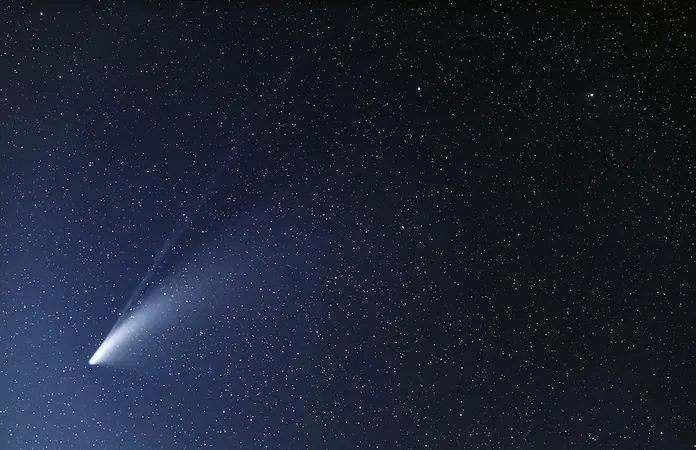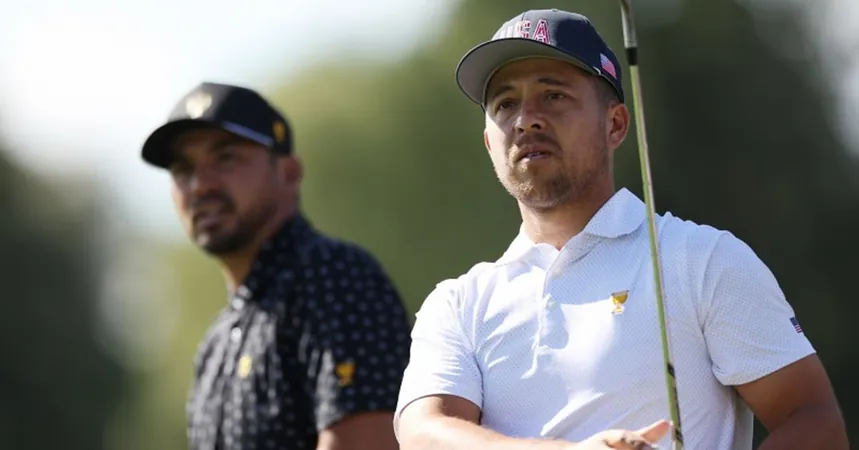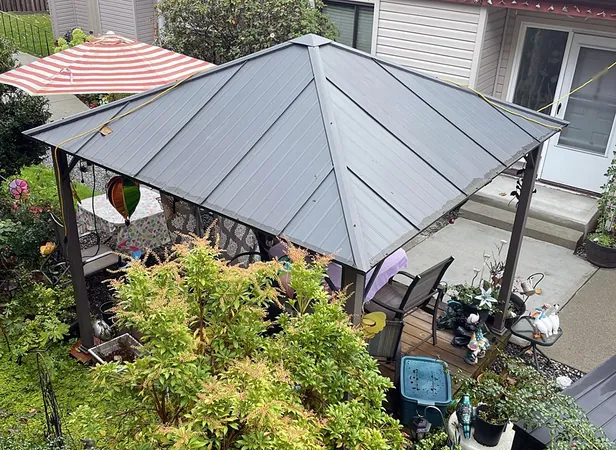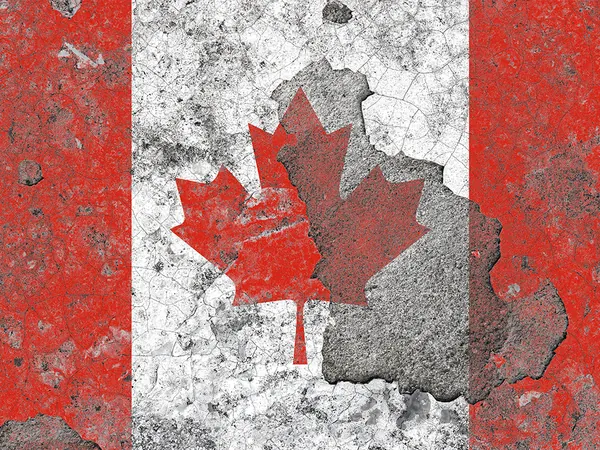
The End of an Era? How the MLSE Sale Snuffs Out Toronto's Hopes for a Second NHL Team
2024-10-01
TORONTO —
The news of a significant ownership change in Toronto's sports industry is sending shockwaves through the hockey community. The impending sale of Bell's 37.5 percent stake in Maple Leaf Sports and Entertainment (MLSE) to Rogers for a staggering $3.48 billion is raising serious questions about the future of hockey in Canada’s largest city—most notably, the long-held dream of introducing a second NHL franchise to the market.
For decades, the notion of adding another NHL team in Toronto has sparked heated discussions among fans and analysts alike. With the current NHL landscape seeing an eagerness to expand into various U.S. markets, this sale is likely to extinguish any remaining hope for a second team in the Greater Toronto Area, often touted as the center of the hockey universe.
Historically, NHL Commissioner Gary Bettman has been hesitant to increase the league's footprint in Toronto. Industry experts suggest that if there was ever a sliver of chance for a new franchise to settle in the city, it would have stemmed from the complex partnership between Rogers and Bell at MLSE. Their joint venture was fraught with tension, reliant on chairman Larry Tanenbaum to mediate disagreements. Yet, the pending sale indicates a unilateral move that will firmly place MLSE's majority control in Rogers' hands, leaving Bell completely out of the picture and effectively sidelining the possibility of introducing another NHL team.
The 2009 court battle involving tech mogul Jim Balsillie serves as a stark reminder of the NHL’s stringent control over franchise locations. The league successfully blocked Balsillie's attempt to relocate the struggling Arizona Coyotes to Hamilton, further consolidating its stance about franchise distribution. With the NHL's existing teams already benefiting from substantial revenue streams, introducing a rival franchise in Toronto could detrimentally impact their earnings—a risk no team owner is likely to take.
Existing ownership structures present additional roadblocks to a second Toronto franchise. Historically, current teams have received indemnification fees for granting new teams a foothold in their markets, and any such fee required for a Toronto team would likely reach astronomical proportions—potentially billions. What's more, the NHL evaluates prospective expansions based on ownership strength, location, and overall viability, none of which favor a second Toronto team under the current conditions.
As it stands, Scotiabank Arena—home to both the Maple Leafs and the Toronto Raptors—struggles to juggle its packed schedule featuring games and concerts. There are no immediate plans for a new arena in the region, complicating matters further. Bettman’s past comments emphasize this unease, reiterating that discussions of a second Toronto franchise are speculative and lack traction compared to more promising markets.
Now, with no credible interest in a second Toronto franchise for at least a decade and growing competition from emerging markets in cities like Atlanta, Houston, and Arizona, it seems Toronto will remain a one-team town for the foreseeable future. The aspirations for a second NHL team have officially entered a prolonged state of dormancy, casting a long shadow over the hopes of hockey fans in Canada's largest city.
In a world where expansion remains fluid, the call for a second Toronto NHL franchise appears increasingly distant. The focus will remain steadfastly on the Maple Leafs, while other cities strive to claim their place in the NHL landscape.









 Brasil (PT)
Brasil (PT)
 Canada (EN)
Canada (EN)
 Chile (ES)
Chile (ES)
 España (ES)
España (ES)
 France (FR)
France (FR)
 Hong Kong (EN)
Hong Kong (EN)
 Italia (IT)
Italia (IT)
 日本 (JA)
日本 (JA)
 Magyarország (HU)
Magyarország (HU)
 Norge (NO)
Norge (NO)
 Polska (PL)
Polska (PL)
 Schweiz (DE)
Schweiz (DE)
 Singapore (EN)
Singapore (EN)
 Sverige (SV)
Sverige (SV)
 Suomi (FI)
Suomi (FI)
 Türkiye (TR)
Türkiye (TR)